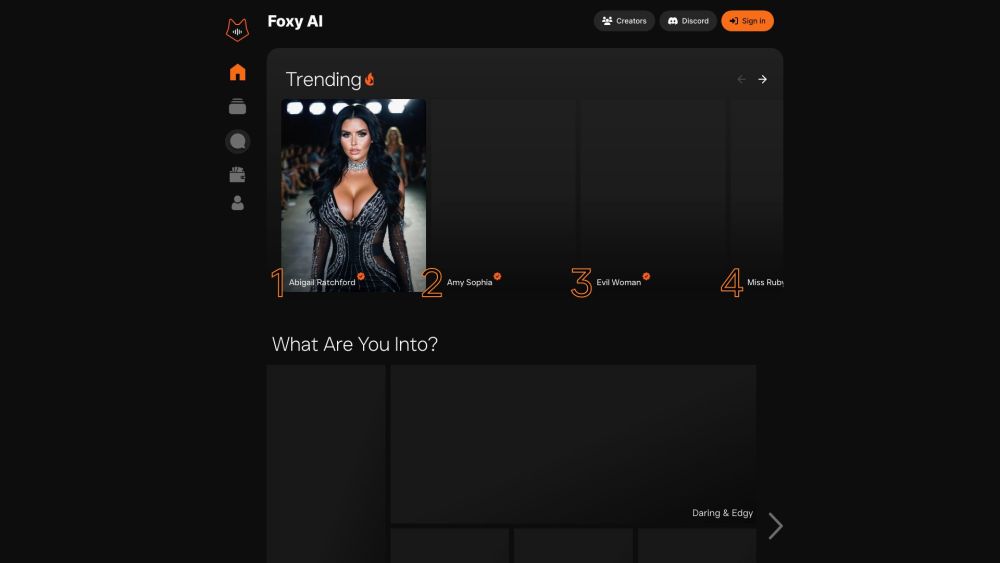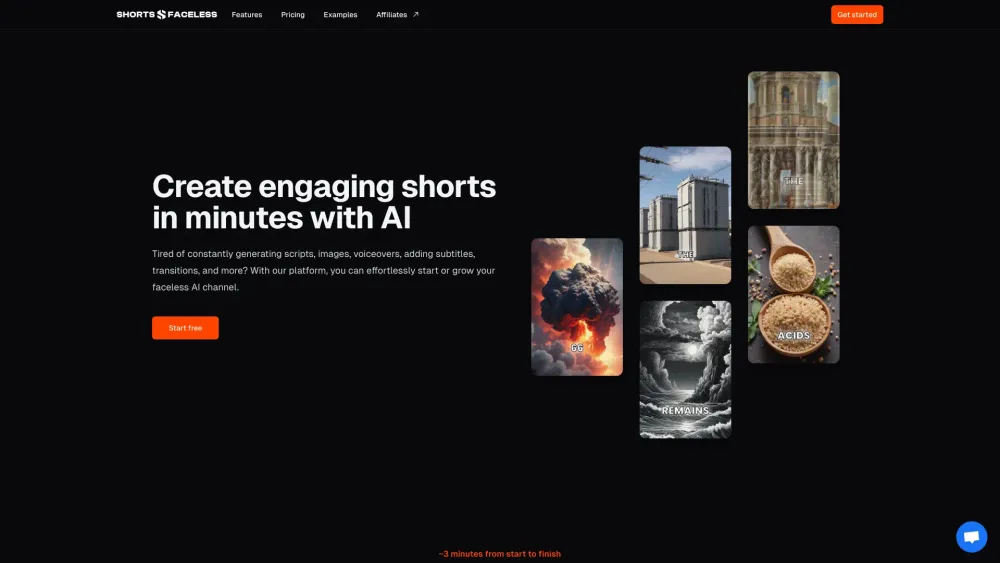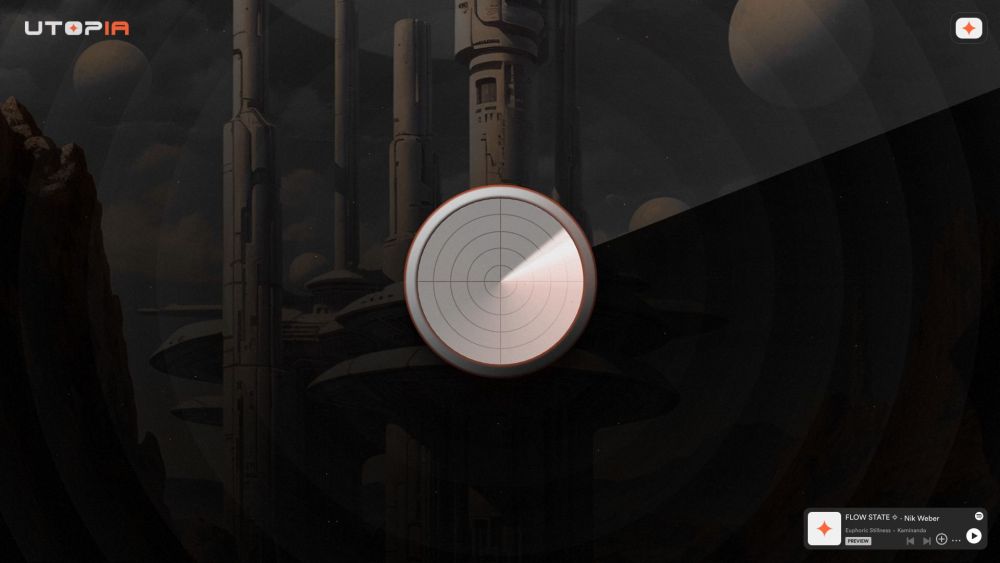Google's LaMDA AI Engages in 'Natural' Conversations While Role-Playing as Pluto
Most people like

Unlocking the Power of AI: Enhance Your LinkedIn Engagement and Boost Post Visibility Effortlessly.

Introducing the leading AI platform for creators, designed to empower innovators and enhance creative processes. With our powerful tools and resources, unleash your imagination and transform your ideas into reality. Join a community of forward-thinking creators who are revolutionizing their fields with advanced AI technology.

Create Engaging AI Shorts Effortlessly
Unlock the potential of AI-generated shorts with ease! Transform your creative ideas into captivating content in just a few clicks. Our user-friendly platform enables you to harness the power of artificial intelligence to produce high-quality shorts that engage your audience. Enjoy a streamlined process designed to enhance your storytelling while saving you time and effort. Start generating your unique AI shorts today!
Find AI tools in YBX


